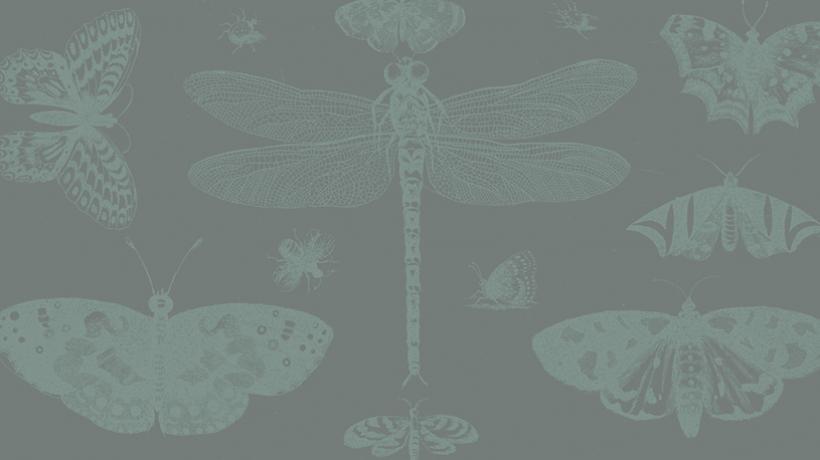Past Events by Year
December 2021
- 15:00 to 16:30
- Seminar
Non-specific (Generic) Psychopathology: Considerations from the Theory of Open Concepts
- Max Planck Research Group (Biomedical Sciences)
- Peter Zachar
Organizer(s)- Lara Keuck
- Steeves Demazeux
AddressMax Planck Institute for the History of Science, Boltzmannstraße 22, 14195 Berlin, Germany
RoomZoom/Online Meeting Platform- 11:00 to 12:30
- Discussion Group
Bodily Waste
Organizer(s)AddressMPIWG, Boltzmannstraße 22, 14195 Berlin, Germany
RoomRoom 265- 08:00 to 10:00
- Seminar
Water’s Benefits: Scholarly Knowledge and Statecraft Science
- 14:30 to 16:00
- Research Workshop
Two Seed Stories: Integration of Climate Change into Chinese Social Science of Agriculture
Organizer(s)- 12:00 to 13:30
- Digital Humanities Workshop
Network Analysis
- 11:00 to 12:30
- Discussion Group
Bodily Waste
Organizer(s)AddressMPIWG, Boltzmannstraße 22, 14195 Berlin, Germany
RoomRoom 265- 11:00 to 12:30
- Discussion Group
Bodily Waste
Organizer(s)AddressMPIWG, Boltzmannstraße 22, 14195 Berlin, Germany
RoomRoom 265
November 2021
- 16:00 to 17:30
- Workshop
Introduction: Indigenous Knowledges and Colonial Sciences in South Asia
Organizer(s)- Glenn W. Most
- Maria Avxentevskaya
AddressMax Planck Institute for the History of Science, Boltzmannstraße 22, 14195 Berlin, Germany
RoomZoom/Online Meeting Platform- 15:00 to 16:30
- Seminar
The Network Approach to Psychopathology
Organizer(s)- Lara Keuck
- Steeves Demazeux
AddressMax Planck Institute for the History of Science, Boltzmannstraße 22, 14195 Berlin, Germany
RoomZoom/Online Meeting Platform- 14:00 to 15:00
- Seminar
The Rising Tide: An Environmental History of Science
AddressMax Planck Institute for the History of Science, Boltzmannstraße 22, 14195 Berlin, Germany
RoomZoom/Online Meeting Platform- 11:00 to 12:30
- Discussion Group
Bodily Waste
Organizer(s)AddressMPIWG, Boltzmannstraße 22, 14195 Berlin, Germany
RoomRoom 265- 12:00 to 13:30
- Digital Humanities Workshop
What is Data in the Humanities? What is Data Modelling? What are Data Structures?
- 10:30 to 12:00
- Colloquium
Indigenous Epistemology and “European” Science: The Entangled Histories and Afterlives of Two 16th-Century Mexican Zoological Projects
- 16:00 to 17:30
- Roundtable
Ability and Authority Roundtable: Uighur Expertise on the Silk Road
- Dept. III
- Several Speakers
- Johan Elverskog
- Márton Vér
- Birgit Angelika Schmidt
- 15:00 to 16:30
- Reading Seminar
Troubling Epistemics and Postcolonialism
Organizer(s)AddressMax Planck Institute for the History of Science, Boltzmannstraße 22, 14195 Berlin, Germany
RoomZoom/Online Meeting Platform- 11:00 to 12:30
- Discussion Group
Bodily Waste
Organizer(s)AddressMPIWG, Boltzmannstraße 22, 14195 Berlin, Germany
RoomRoom 265- Workshop
Diagram Diversity in the Light of Digital Humanities: Types and Ambiguous Cases
Organizer(s)AddressMax Planck Institute for the History of Science, Boltzmannstraße 22, 14195 Berlin, Germany
RoomZoom/Online Meeting Platform- 14:30 to 16:00
- Research Workshop
The Development of China’s English-Language Scientific Journals
Organizer(s)

